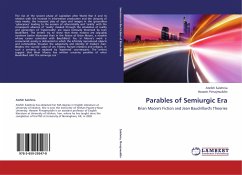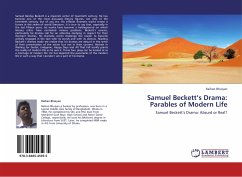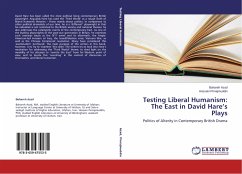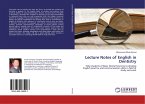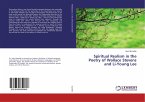The rise of the second phase of capitalism after World War II and its relation with the increase in information production and the ubiquity of mass media, the incessant play of signs and images in the groundless cyberspace leading to the erosion of referentiality and reality with the consequent absence of reality masked through the simulation of reality and generation of hyperreality are issues famously theorized by Jean Baudrillard. The writers try to show that these notions are arguably nowhere better illustrated than in the fiction of Brian Moore, a novelist whose career coincided with Baudrillard. For, in Moore s work a consumerist society is delineated in which the infinitely reproduced objects and commodities threaten the subjectivity and identity of modern man. Besides, the auratic value of art, history, human relations and religion, in such a universe, is replaced by hyperreal counterparts. The writers suggest that Brian Moore has written uncanny parables of what Baudrillard calls the seimurgic era.
Bitte wählen Sie Ihr Anliegen aus.
Rechnungen
Retourenschein anfordern
Bestellstatus
Storno

